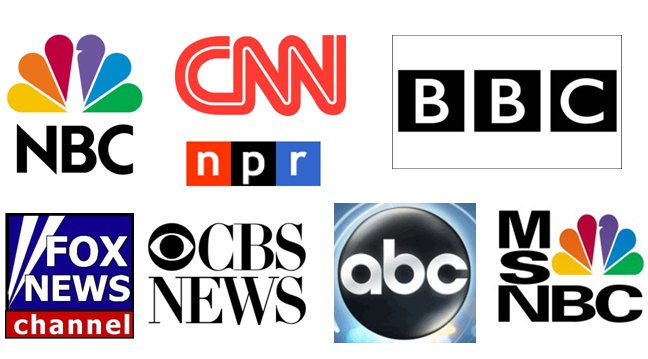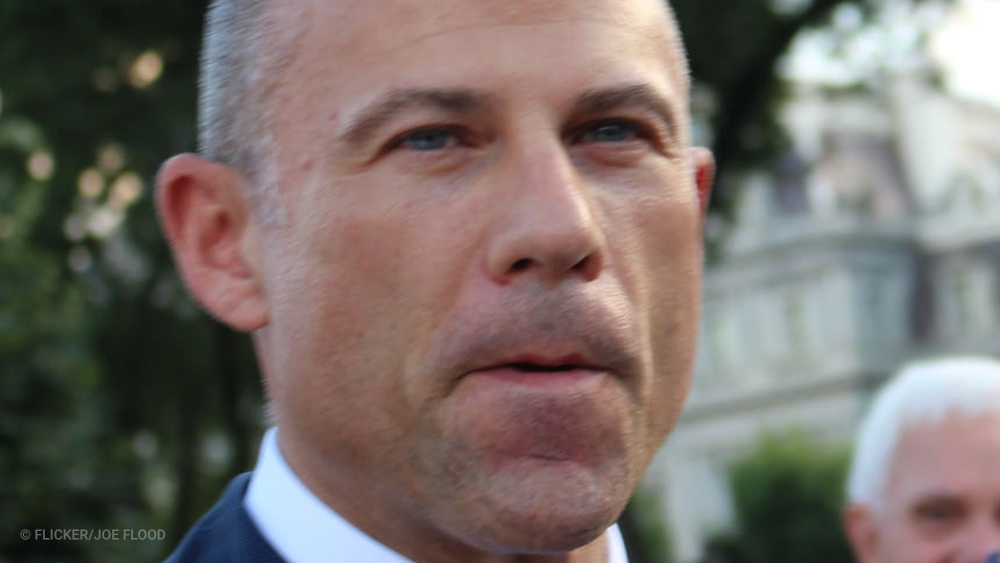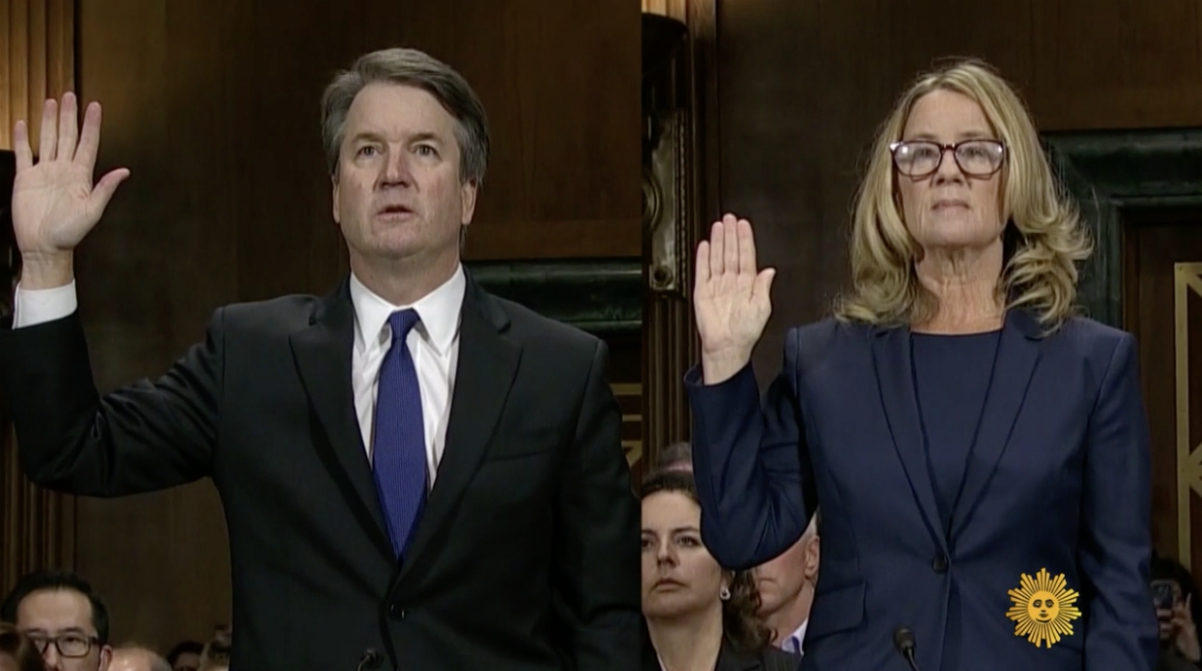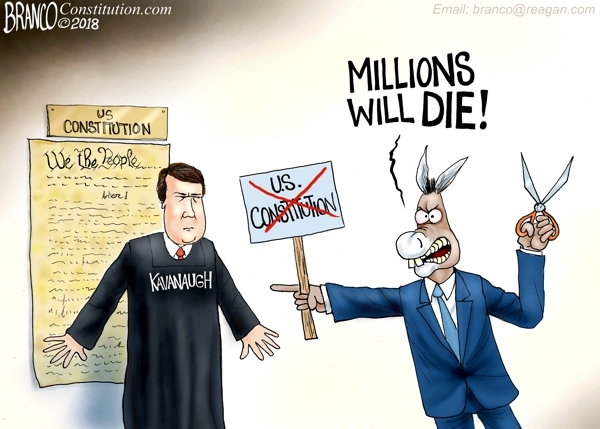Sellout media now pushing government tracking of your vehicle and driving habits with excuse that it will “save you money”
04/22/2016 / By JD Heyes
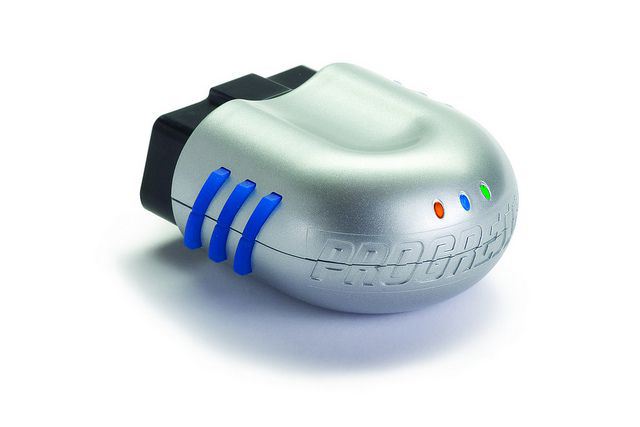
You have to hand it to the corporate media: It continues to find new, innovative and fascinating ways to sell the American public on the advantages of the nanny state, especially when doing so is profitable.
The last push is the lauding of automobile insurance companies who want to “lower your premium” by essentially spying on you – something the media seems all-in for.
A story posted at MarketWatch in recent days came with this sub-heading: “Allowing companies to track your driving could be safer than you think.”
Sure – like allowing the NSA to track every online move we make is “for our own good.”
“Auto insurance tracking devices could have a greater value than just a lower premium,” notes MarketWatch. “Telematics-based insurance programs — which collect and store driving data — have been around for nearly 10 years, but as mobile technology improves, consumers have become wary of sharing personal data with insurance companies.”
“It just creeps me out”
As The Wall Street Journal noted, that wariness is profit-driven. Companies like insurance giant Progressive are developing driver-tracking technology not simply as a way to “lower” premiums, but to identify risky behavior – no matter how benign it might be – as a way to bolster profits:
In a lab at Progressive Corp.’s suburban headquarters, managers and technicians at the auto-insurance giant watch a colleague drive from his home outside Cleveland to the city zoo. A dot on a computer screen moves along a map overlaid with speed limits, turning red when the driver is speeding.
The demonstration is part of an effort to figure out how location data could someday be used to assess drivers, as the roughly $185 billion auto-insurance industry undergoes a wholesale change in how companies size up risk. Using devices installed in customers’ cars, Progressive and other auto insurers are tracking things like how far their customers drive and how often they slam on the brakes.
As the WSJ further noted, that kind of data collection creeps out most U.S. drivers, as Americans in the Digital Age become increasingly leery of technology that tracks, records, auto-analyzes and documents what we do every day of our lives.
What is driving part of our angst is the fact that so much of our data is increasingly contained within computer systems that can be, and have been, hacked; compromised data or the threat of it has led to the rise of companies that use technology to protect personal data from cyber theft.
“I know some people say, ‘What do you have to hide,’ but I don’t want big business or Big Brother being involved in my personal life,” Shauna Aiken, a San Diego driver, told the WSJ. “It just creeps me out.”
It should. In an era when so much of our personal lives are being compromised by machines and technology – both of which were supposed to make us more efficient and safer – the question should not be about what we have to hide, but why someone wants to know what we’re doing in the first place, especially if it’s not illegal or improper.
But too many in the corporate media just lap this stuff up and spew it back out as though 24/7/365 monitoring of our lives is not just normal but to be expected.
What companies really want to do is raise your rates based on their perception of “unsafe driving”
Notes MarketWatch:
Using this information, insurance companies can adjust risk calculations by mileage, braking, acceleration, force of turns and time of day. Traditionally, companies have measured risk by less accurate factors such as socioeconomic demographics, accident history and credit score.
In other words, the end goal is to jack up your insurance rates – not “reduce” them – based on real-time behavior that seems perfectly normal (and safe) to you, an experienced driver, but which would be intentionally misconstrued by an insurance company bean counter more concerned with company profits than providing you with decent coverage at an affordable price. It’s like Obamacare for the car insurance industry.
That the mainstream media thinks more intrusion into our lives, not less, is better should not surprise anyone. After all, how much advertising a year does the automobile insurance industry purchase?
Sources:
Click here to learn more on why tracking data is bad for us.
Tagged Under: auto insurance, Big Brother, customer tracking, fascism, fossil fuel, Newstarget, obamacare, police state, privacy, surveillance, totalitarianism


